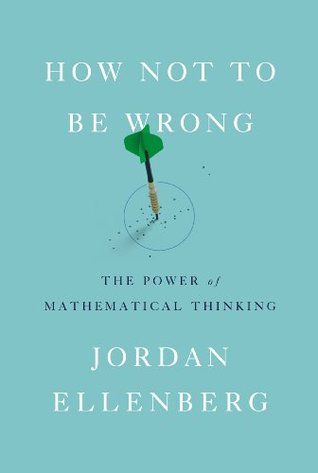Most scientific studies don’t consist of blundering around the genome at random; they test hypotheses that the researchers have some preexisting reason to think might be true, so the bottom row of the box is not quite so enormously dominant over the top. But the crisis of replicability is real. In a 2012 study, scientists at the California biotech company Amgen set out to replicate some of the most famous experimental results in the biology of cancer, fifty-three studies in all. In their independent trials, they were able to reproduce only six. How can this have happened? It’s not because
...more
Welcome back. Just a moment while we sign you in to your Goodreads account.


